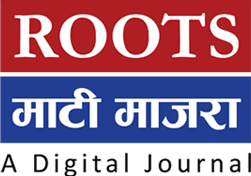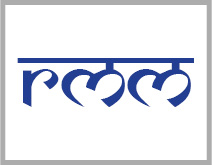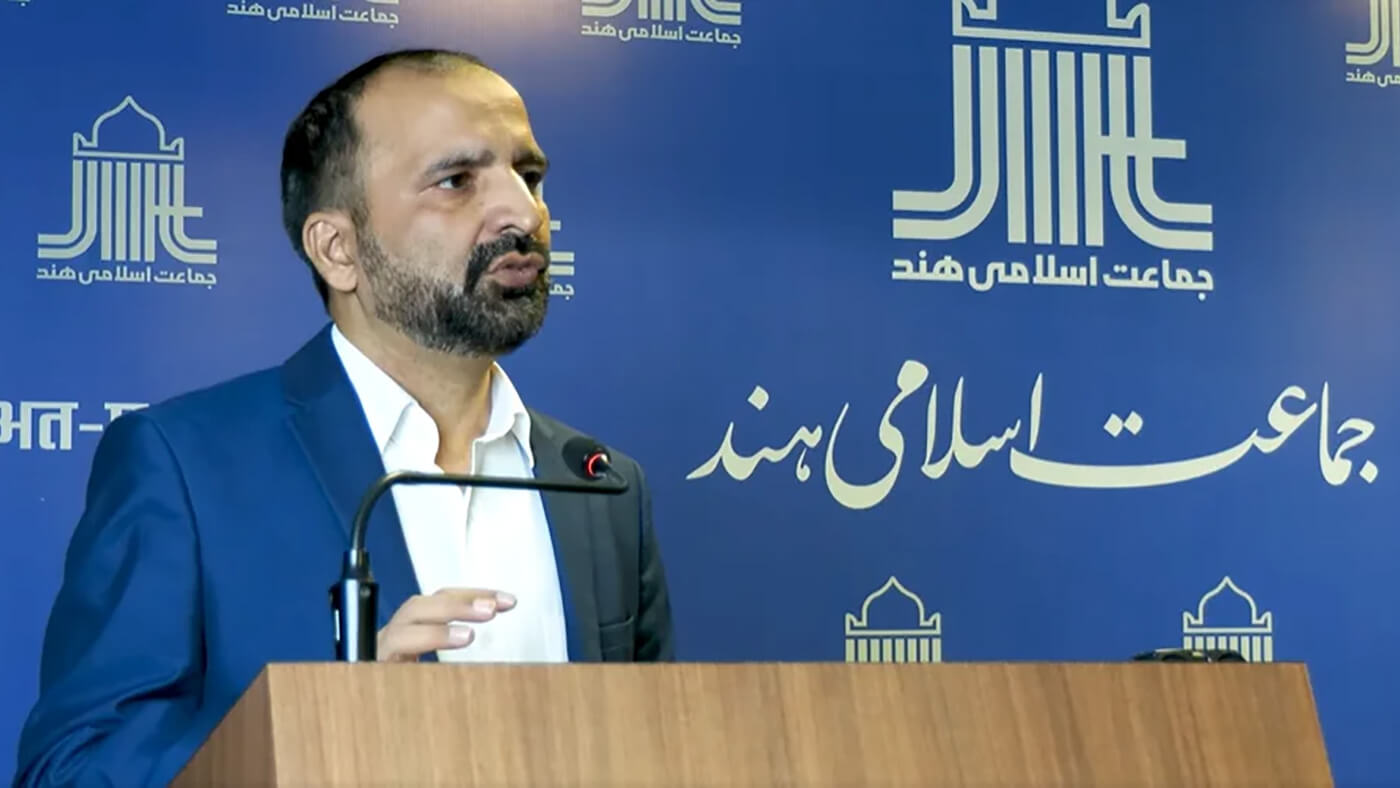At the Weekly conclave the renowned historian and writer Syed Ubaidur Rahman spoke on the enigmatic title Rewriting History: Fact or Fiction? The talk explored the context of continued efforts to revise India’s history, especially by those in power trying to erase the contributions and engagements of Muslim rulers and society with the ancient country.
The Significance of History
Rahman began by emphasizing the need to preserve historical integrity. “To write history is to be more than a scribe; it’s to protect the spirit of a civilization,” he said. Highlighting a worrying apathy among Muslims toward their own heritage, he contrasted this with concerted attempts by organizations like the Sangh Parivar to “rewrite history,” particularly whitewashing almost a millennium of Muslim rule in India.
Four Phases of Muslim History in India
Rahman traces the historical arc of the Muslims in India into four phases:
- Coastal Trade:The Muslim traders arrived in India even before the Prophet, subhanahu wa ta’ala, and they had contact with the coastal cities like Malabar and Gujarat.
- Delhi Sultanate:This started with the invasion of Sindh by Muhammad bin Qasim in 712 CE and consolidated with the victory of Qutb-ud-din Aibak in Delhi in 1192 CE.
- Regional Sultanates:With the fall of the Delhi Sultanate, regional kingdoms such as the Bahmani Sultanate and Kashmir Sultanate emerged and influenced local cultures.
- The Mughal Empire:From Babur’s victory in 1526 to the empire’s collapse in 1857, this period witnessed a golden age of cultural, architectural, and scientific achievements.
Rahman said these contributions, which are represented in Indian architecture, education, language, and cuisine, are still under ideological attack today.
Rahman said these contributions—reflected in Indian architecture, education, language, and cuisine—continue to face ideological assault even today.
The Politics of Historical Revisionism
Rahman highlighted systematic attempts to demonize Muslim rulers and downplay their contributions. He pointed to textbook revisions, such as the removal of chapters on the Mughal courts and secularism, as part of an ideological project to fit India’s past into a narrow, exclusionary framework.
The historian also refuted popular myths, including the claim that Bakhtiyar Khilji destroyed Nalanda University. “There’s no reason to believe that statement today,” Rahman stated, noting how such narratives often surface decades after the supposed events.
A Broader Ideological Project
Rahman referenced prominent historians, including Audrey Truschke, who argue that this revisionism is an attempt to redefine India as a Hindu nation. He cited examples of manipulated narratives, such as the “Hindu Holocaust,” which he described as historically baseless yet ideologically potent.
Rahman concluded with a hopeful note, urging greater engagement with history—particularly among Muslims. “It’s important not only for us but also for future generations to take care of that history authentically,” he said.




